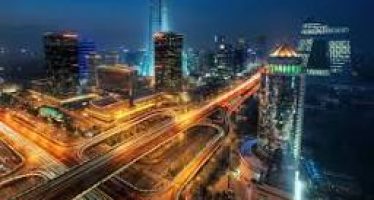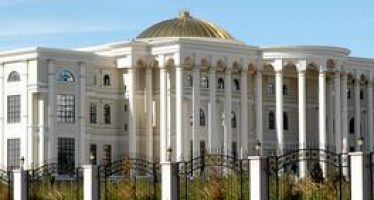Ai Weiwei: Free Expression in Art and Politics
 Curiosity may have killed the cat, but that doesn’t deter Ai Weiwei from asking questions, ruffling feathers and expressing opinions through his peerless art. Apparently, this makes Mr Weiwei a most dangerous man.
Curiosity may have killed the cat, but that doesn’t deter Ai Weiwei from asking questions, ruffling feathers and expressing opinions through his peerless art. Apparently, this makes Mr Weiwei a most dangerous man.
Chinese authorities seem to consider Mr Weiwei an enemy of the state. They leave no stone unturned in their pursuit of a peccadillo with which to silence the artist. In 2011, a charge of tax evasion failed to stick but did land Mr Weiwei in jail for close to three months. He may still not leave the country because of vague official suspicions. Beijing police obligingly informed that Mr Weiwei may be involved with pornography, bigamy and unlawful foreign exchange dealings. However, no charges have been filed.
The curtailment of his mobility has forced the artist to find other ways of keeping in touch with the wider world. Technology came to the rescue. The Internet has enabled Mr Weiwei to link up with museums, art galleries and patrons who clamour for his work. From his Beijing studio, employees are regularly dispatched to the four corners of the globe to install the works Mr Weiwei has designed.
Back home, the artist is being kept under constant watch. His studio, also his home, is surrounded by a small forest of surveillance cameras. Irreverent and not devoid of courage, Mr Weiwei has installed his own impressive network of cameras to snoop on the snoopers.
Inside the building, a group of computer-savvy youngsters help the artist transform analogue thought into digits merging art and politics.
Hope for a future free of constraints remains high. “Today’s technology and its ease of access offer people new ideas that bring light to the darkness. We cannot stay dark forever. It’s not possible.”
Mr Weiwei doesn’t necessarily blame the Chinese authorities for their reluctance to embrace change. Power is conservative by its very nature and perceives change as threatening.
That’s also how the Internet came to play such an important role in Mr Weiwei’s life: “I wish to help people connect through free expression. No matter how unknown or fragile you are, you still need expression. It’s a sign of life and a very powerful one too.”
You may have an interest in also reading…
China’s High-Speed Rail: the Rapid Growth of a New Travel Option
BEIJING – China has the world’s largest and still expanding high-speed rail (HSR) network, but whether ridership would materialize has been
Uzbekistan Celebrates 3,000-Year Heritage with Largest Science Event of its Kind
5th Annual Congress of the “World Society for the Study, Preservation and Popularization of the Cultural Heritage of Uzbekistan” held
Achieving Growth and Development in Tajikistan
A new Country Partnership Strategy (CPS) for Tajikistan outlines a World Bank Group program of support for the country over

















































































